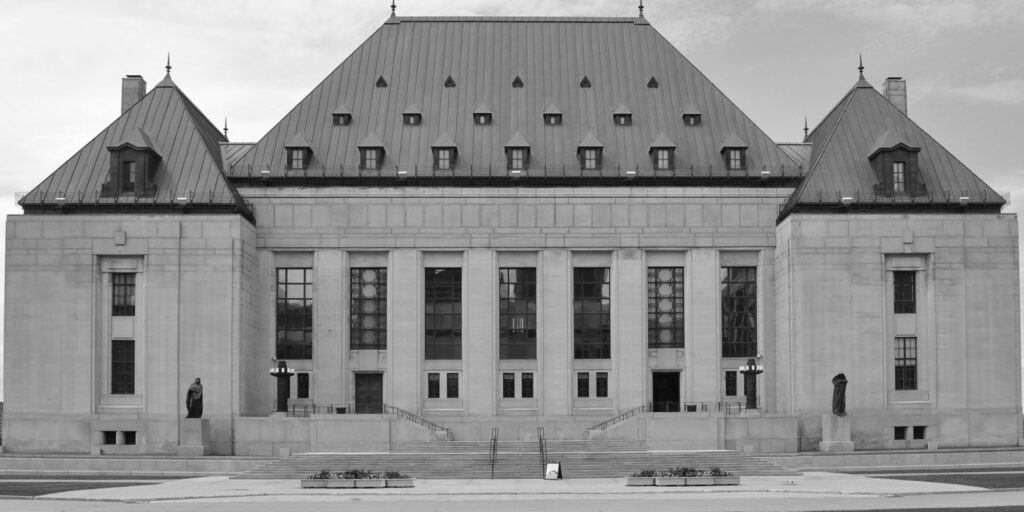- Most criminal cases in Canada are resolved by guilty pleas - February 13, 2025
- Police can search a vehicle without a warrant in some circumstances - December 20, 2024
- Supreme Court of Canada says bail the ‘cardinal rule’ after an arrest - November 29, 2024
By LegalMatters Staff • Many people charged with a criminal offence are often released from custody on bail. The formal name is a “release order” and it may come with certain conditions, such as having a bail surety.
Bail is usually given within 24 hours of an arrest, unless the alleged crime is serious or the person is a repeat offender.
“Before making any bail decision, the Court must take into account whether the accused person is Indigenous or belongs to a vulnerable group that is overrepresented in the criminal justice system and faces disadvantages in obtaining bail due to systemic discrimination,” says Ottawa criminal lawyer Céline Dostaler.
She says when deciding on what conditions to impose on someone being given bail, judges must follow the “ladder principle,” ie, imposing the least restrictive conditions necessary to address risks posed by the accused.
“Some common bail conditions include reporting to a peace officer and notifying them of any change of address and employment and refraining from attending any place specified in the order, such as where the offence occurred or where the complainant lives,” says Dostaler. “They may also be ordered to wear electronic monitoring equipment such as an ankle bracelet and give up possession of any firearms.”
To detain the accused without bail, she says a Crown prosecutor must demonstrate to the court that there is just cause for that.
“In 2015, the Supreme Court of Canada noted that ‘in Canadian law, the release of accused persons is the cardinal rule and detention, the exception,’” Dostaler says. “A year later the court added that ‘release is favoured at the earliest reasonable opportunity and on the least onerous grounds.’”
She notes that anyone who breaches a bail condition could have their bail revoked.
“They may be detained and return to court to explain why they should not remain in custody until their trial,” says Dostaler. “A bail breach can often result in a new criminal charge for that breach and make it more difficult for that person to receive bail in the future.”

